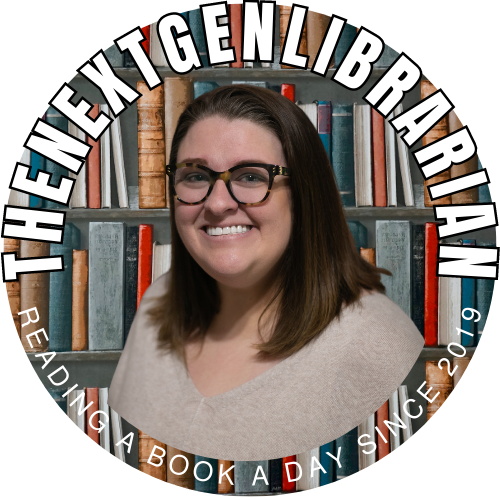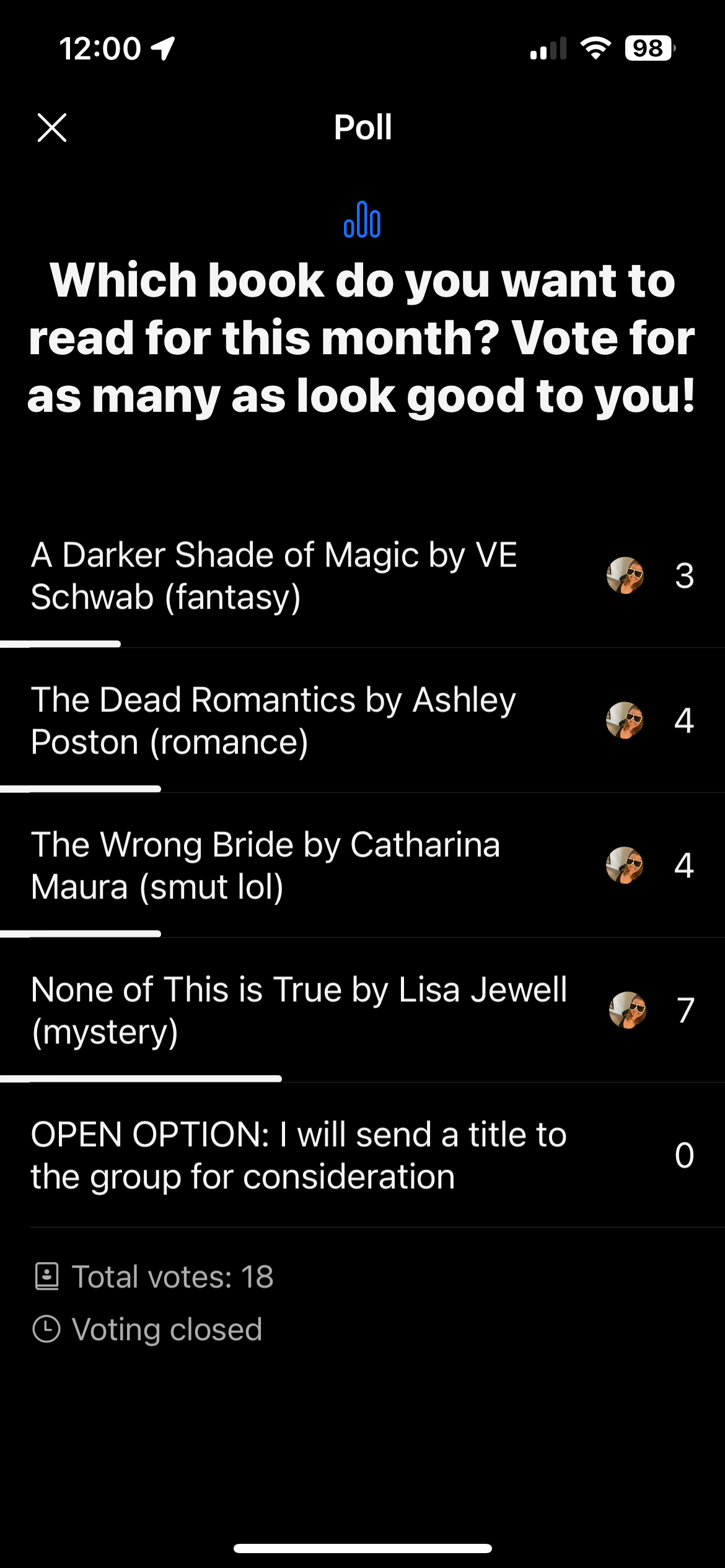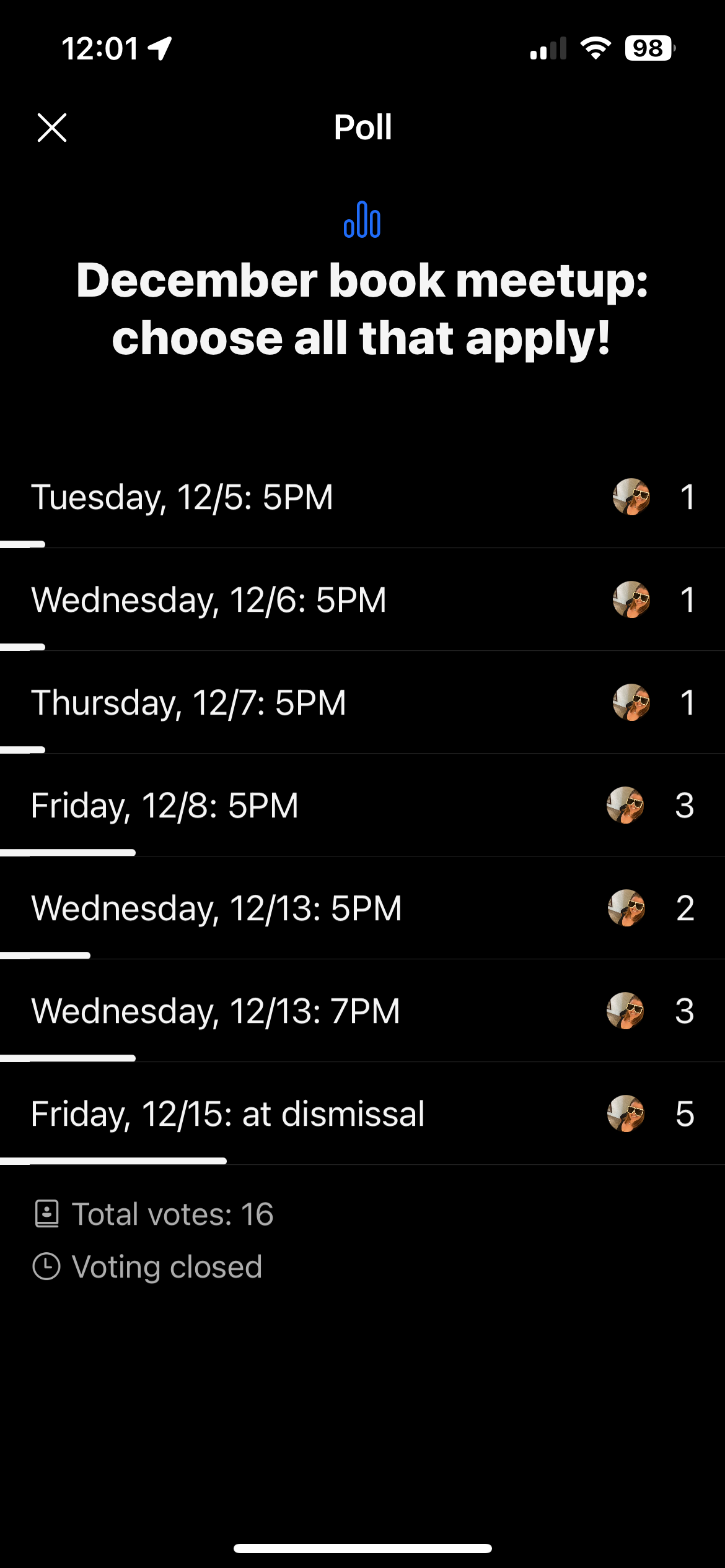Hosting Teacher Book Clubs
I’ve had a few educators and librarians reach out on IG about my Adult Teacher Book Club and my Podcasts for PD/PD book clubs that I run on my campus. Here is the run down on how those work:
PD Book Clubs
Seven years ago my (then) 8th grade ELA teacher and I were noticing there was a decline in campus culture at the middle school we still work at. She and I love Todd Nesloney so we decided to ask our principal at the time if she would purchase 12 copies of Kids Deserve It by Todd and Adam Welcome for us to do a campus wide book study. Several bought their own copies so we had about 20 people on campus participate in our first one. We set it for 6 weeks, created a Google Classroom and invited teachers to join. My co-teacher and I went through the book, broke it down into 6 weeks’ worth of questions/prompts for the teachers. We found that 6 weeks was too quick for a book study during the school year so we changed it to 9 weeks’ worth of questions/prompts. At the end of the first one when we met together at the end to recap the entire book study, one idea that came out of the conversation was to create a SPIRIT Committee. This committee would be spearheaded by myself and my co-teacher. Together we would create subcommittees that took over various aspects of the building such as Indoor Beautification, Outdoor Beautification, Celebration/Hospitality, Dress Up Days, Fun Fridays, Mentor Program/New Staff Orientation, Student Liaison, etc. This took off and a few years later we added SPIRIT Committee donations so that we could have a fund to be able to afford some of the projects we wanted to complete. Teachers received 9 hours of professional development the first few years of us hosting PD book clubs. Our principal was very supportive of purchasing books for us to use for this (see other titles below). We also ended up transitioning to semester book studies a year or two after we started just because of time required to read and complete the book studies. Teachers could only do one book study a year for professional development credit and for some the fall is busier than the spring and vice versa.
Other book studies we have completed in the past:
Teach Like a Pirate: Increase Student Engagement, Boost Your Creativity, and Transform Your Life as an Educator by Dave Burgess questions/prompts
The Wild Card: 7 Steps to an Educator's Creative Breakthrough by Wade and Hope King questions/prompts
Personal & Authentic: Designing Learning Experiences That Impact a Lifetime by Thomas C. Murray questions/prompts
Culturize: Every Student. Every Day. Whatever It Takes. by Jimmy Casas questions/prompts & second semester questions/prompts
Shattering the Perfect Teacher Myth: 6 Truths That Will Help you THRIVE as an Educator by Aaron Hogan questions/prompts
Podcasts for PD
COVID hit and our book studies slammed to a halt. When we were thinking about how to revamp the process, as well as find content that would be applicable to teaching in a post-COVID classroom. That’s when we decided to do Podcasts for PD. Check out my blog about it and the podcast I did for Dr. Monica Burns. If you’re interested in implementing this PD opportunity on your campus or in your district, everything should be linked for you to get started.
after hOuRs book club
That brings us to the 23-24 school year. Before school started I had the idea to start a FUN, adults-only book club that is NOT for professional development opportunities. I named it after hOuRs because our campus acronym is ORMS. I decided to add an interest Google Form to my newsletter to start the school year. I think now more than ever we need to offer more fun, lighthearted chances for staff to decompress. These events would occur off campus after school hours. I wanted it to be very low-stress so it’s optional to show up one month, then skip the next if staff is too busy to attend. No commitment needed! Here is a copy of the Google Form I used to poll teachers on their interest. After this one Google Form we moved to the app GroupMe. It allows you to poll teachers and create specific groups for each month so you can follow certain threads if you’re not participating every month. After finding out what genres the teachers liked, I chose some titles in each genre for the first poll. Then after we met the first time we talked about potential book options I send them out in a GroupMe poll (see below). After a book is chosen for the following month, it’s understood that you would read it before meeting up. The date changes every month based on the second poll I send out (see below). Teachers can choose any date/time that works with their schedule and the winner of the poll will choose our date. I hate to send a third poll for the location, so I usually pick it myself or ask someone to choose it and I like to keep it close-ish to campus so they don’t have to travel far after work. It’s been so fun to talk with other teachers in a low-stress environment about books that have nothing to do with education. Inevitably the conversation turns to teaching because it’s what we all have in common, but I also think that’s good because this profession can be isolating, especially if you have a partner who isn’t in education. It allows for venting, in addition to talking about an escape read. I highly recommend starting a FUN, adult book club on your campus!
Heart!
That brings me to this semester. The teacher I run book clubs with is now our campus’s Instructional Coach and she wanted to host an SEL book club for the second half of the year. After looking through some options we decided on HEART!: Fully Forming Your Professional Life as a Teacher and Leader (Support Your Passion for the Teaching Profession and Become a More Effective Educator) by Timothy D. Kanold. This book and its companion SOUL! address ways to:
Reflect on your journey and the personal and professional qualities of the teacher or leader you want to be.
Discover your distinctive heartprint on your students and colleagues, and decide what the qualities of a good teacher are for you.
Gain personal development plan ideas and inspirational insights from Kanold as well as dozens of thought leaders and researchers.
Connect your professional life to each chapter and reconnect to the emotion, passion, energy, growth, and collaborative intimacy expected when joining the teaching profession.
Use the book as part of professional development for teachers in a group book study.
We will be going through the book contents below and luckily, with this book and its companion, there are worksheets and activities built into the books so we don’t have to come up with it from scratch. We will be putting those questions into a Canvas course because that’s what our district uses now for our LMS. Our district has a few copies at our Admin building and at every campus so luckily, unless teachers want to purchase it themselves, they are going to be able to use a district copy.
I’m very hopeful about this book study because I feel like it’s going to help really focus on teacher self-care, bringing passion back into the classroom and reconnection. I will keep you updated!
I deleted the Google Form link that I shared at the bottom of this image, but you would want to include an invite link so teachers could sign up and also choose if they want to purchase their own copy.
Contents:
Part 1: H for Happiness
Chapter 1: The Happiness Dilemma
Chapter 2: The Happiness-Passion Connection
Chapter 3: What's Love Got to Do With It?
Chapter 4: Got Compassion? Check!
Chapter 5: Wanted--Persons of Positive Character and Hope
Chapter 6: The Joy-Gratitude-Stability Connection
Chapter 7: Why Should We Weep?
Final Thoughts: The World Happiness Report
Part 2: E for Engagement
Chapter 8: Gallup Says--Full Engagement Not Ahead
Chapter 9: Getting Engaged!
Chapter 10: It's Energy, Not Time
Chapter 11: Name That Energy Quadrant
Chapter 12: Avoid the Quadrant III Drift
Chapter 13: Quadrant II Time Required
Chapter 14: Grit--Deliberate Daily Practice
Final Thoughts: The MTXE Perspective
Part 3: A for Alliances
Chapter 15: The Primary Purposes of Collaboration
Chapter 16: PLCs--Serving the Greater Good
Chapter 17: Oh, the Inequity Places We'll Go!
Chapter 18: Reduce Our Professional Noise
Chapter 19: Relational Intelligence Required
Chapter 20: What Are Those Black Boxes?
Chapter 21: Celebration--Making Above and Beyond the Norm the Norm
Final Thoughts: Why Helping Others Drives Our Success
Part 4: R for Risk
Chapter 22: What's in a Goal?
Chapter 23: Shared Purpose--Each and Every Child Can Learn
Chapter 24: Results or Persons?
Chapter 25: The Risk-Vision Dependency
Chapter 26: Build Trust the Millennial Way
Chapter 27: Fixed or Growth Mindset?
Chapter 28: Warning--Entropy Ahead!
Final Thoughts: A Sense of Urgency
Part 5: T for Thought
Chapter 29: Your Great Adventure!
Chapter 30: Your Voice of Wisdom
Chapter 31: Clean Up the Climate
Chapter 32: Become a Feedback Fanatic
Chapter 33: Yours, Mine, and Ours
Final Thoughts: Hold the Mayo!
Book Club book choice poll
Book Club meeting time poll
November Book Club meeting
October Book Club meeting






